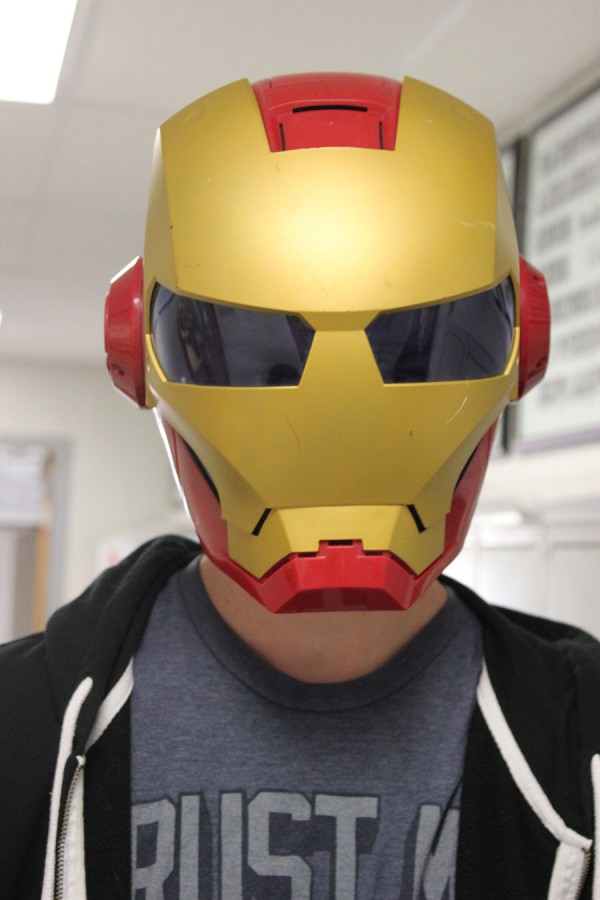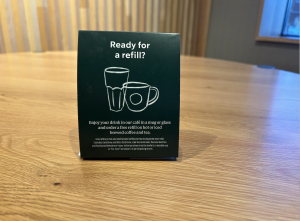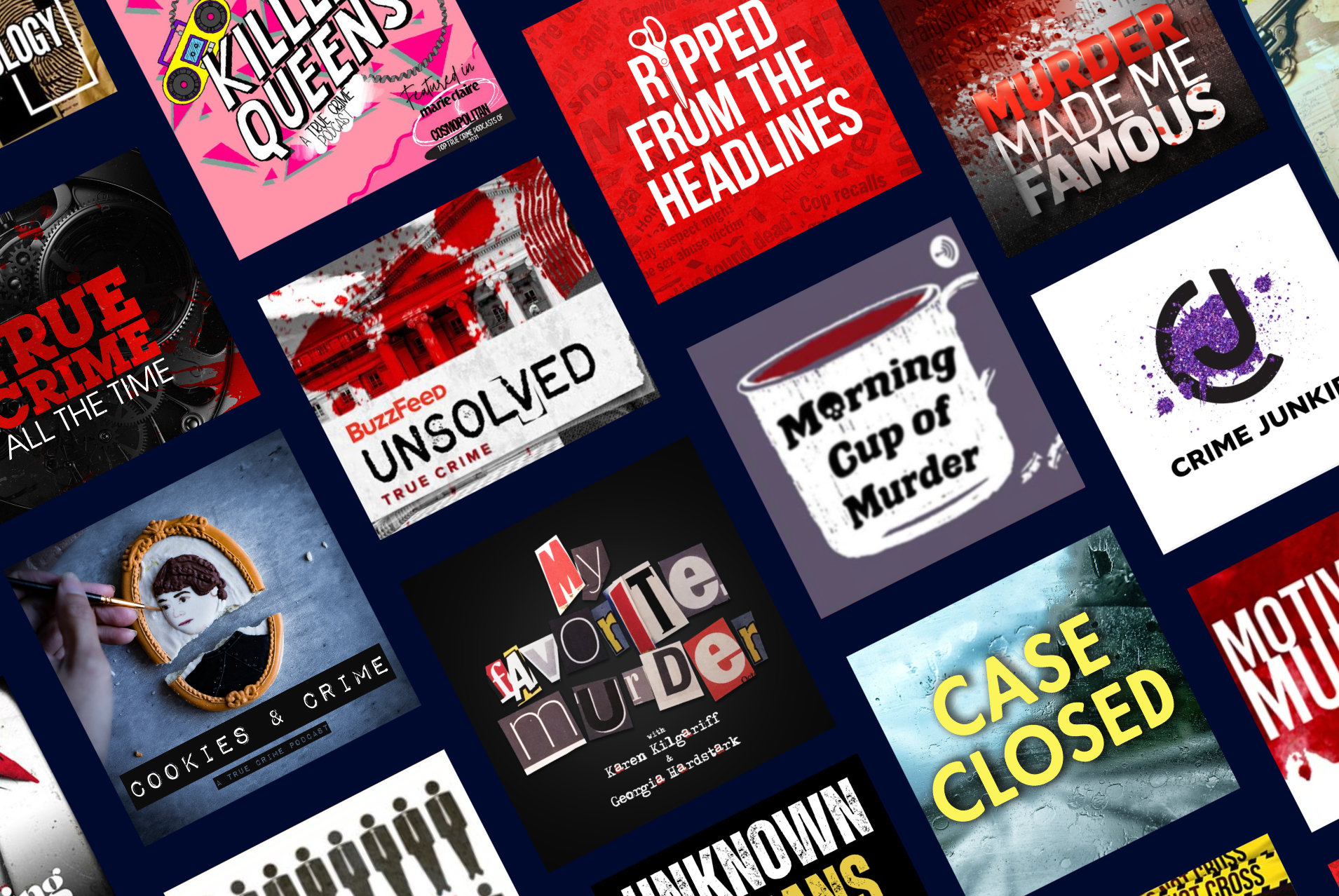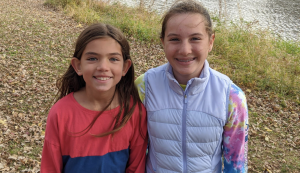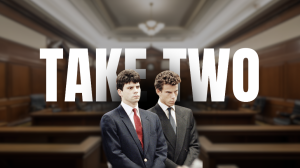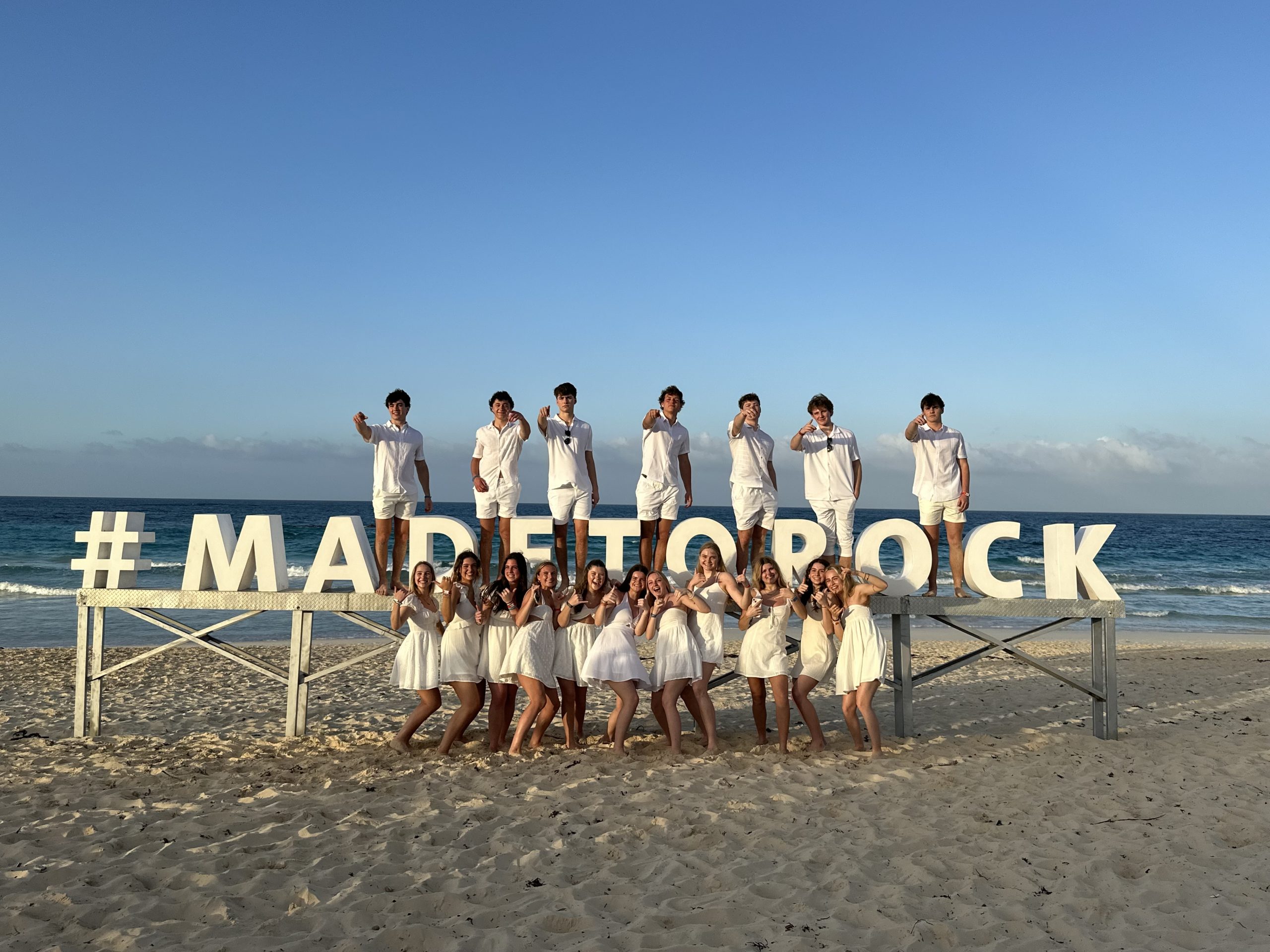Some role models DO wear capes
November 12, 2014
The world is becoming a dark place. Children are constantly struggling to become the strong individuals we need them to be, Ebola is spreading in western Africa, and the national debate on social issues is becoming more and more bitter. These ever changing times leave very few things, or people, that remain constant and reliable for modern children to look up to as role models. So in this time filled with no clear good or evil but instead shades of gray, we can look for inspiration amongst the world of fictional. One of the most influential superheroes of our time is Batman. With the funds and profits of Wayne Enterprises at his disposal, Bruce Wayne takes the law into his own hands in order to protect the people of Gotham.
However, some say that the resources of “The World’s Greatest Detective” could be used in a non-law breaking fashion. This slippery slope of taking the law into your own hands has now developed into the sort of argument that is creating a disturbance in many a comic book shop and online chat room. Batman’s personal back story is increasingly becoming one of difficult circumstances.
After the death of his parents, Bruce (Batman) doesn’t really fit in at school and struggles to contain his rage and grief that are constantly on his mind. Batman’s life is in a sense a controlled tragedy but as loveable district attorney Harvey Dent once said “The night is darkest just before the dawn, and the dawn is coming.” Batman makes an incredible choice, he chooses to be hunted for the purpose of saving the very people that want him killed. He forges a lie to save the people of Gotham, an example we could all follow.
However some people don’t view superheroes in the same light. In an interview with The Guardian Professor Sharon Lamb said, “”There is a big difference in the movie superhero of today and the comic book superhero of yesterday. Today’s superhero is too much like an action hero who participates in non-stop violence; he’s aggressive, sarcastic, and rarely speaks to the virtue of doing good for humanity.” Yet a quick look into the world of super heroes reveals a different story.
In the Avengers, Tony Stark’s “one way trip” is made not out of a self righteousness attempt to glorify oneself, but instead shows Stark’s commitment to the world no matter what the cost is. Stark flies into the wormhole with a nuke expecting to die and still struggles with that experience even after it’s over. The humanity combined with the extraordinary gives us a strong connection with our costumed commandos that are constantly there to defend the earth. The superheroes are still human[oid], they’re just like us.
Superheroes also exhibit real world struggles that they are constantly trying to overcome. For example Iron Man or Tony Stark constantly fights a battle with Alcoholism, The Incredible Hulk suffers from schizophrenia and multiple personality disorder as well as extreme anger management issues, Captain America suffers both PTSD and depression as a result from his involvement in WWII, Wolverine suffers from PTSD from the many wars he is involved in as well as Alcoholism to cope with these traumatic experiences. This makes the heroes more relatable and real because they suffer from the same human things that we do. Another factor that contributes to the idolization of heroes is the strength and wisdom they possess in situations of high danger.
The world is a scary place, and sometimes we look to superheroes not because of their powers or their grace under pressure, we look to them because they represent that no matter how bad things get, there is always a light at the end of the tunnel. They are strong against impossible odds and are always there to fight the battles that we never could. Superheroes are the strongest role models, and while they may be frivolous with their funds, and can be a little rough with the bad guys, they are as much human as they are extraordinary and supernatural.


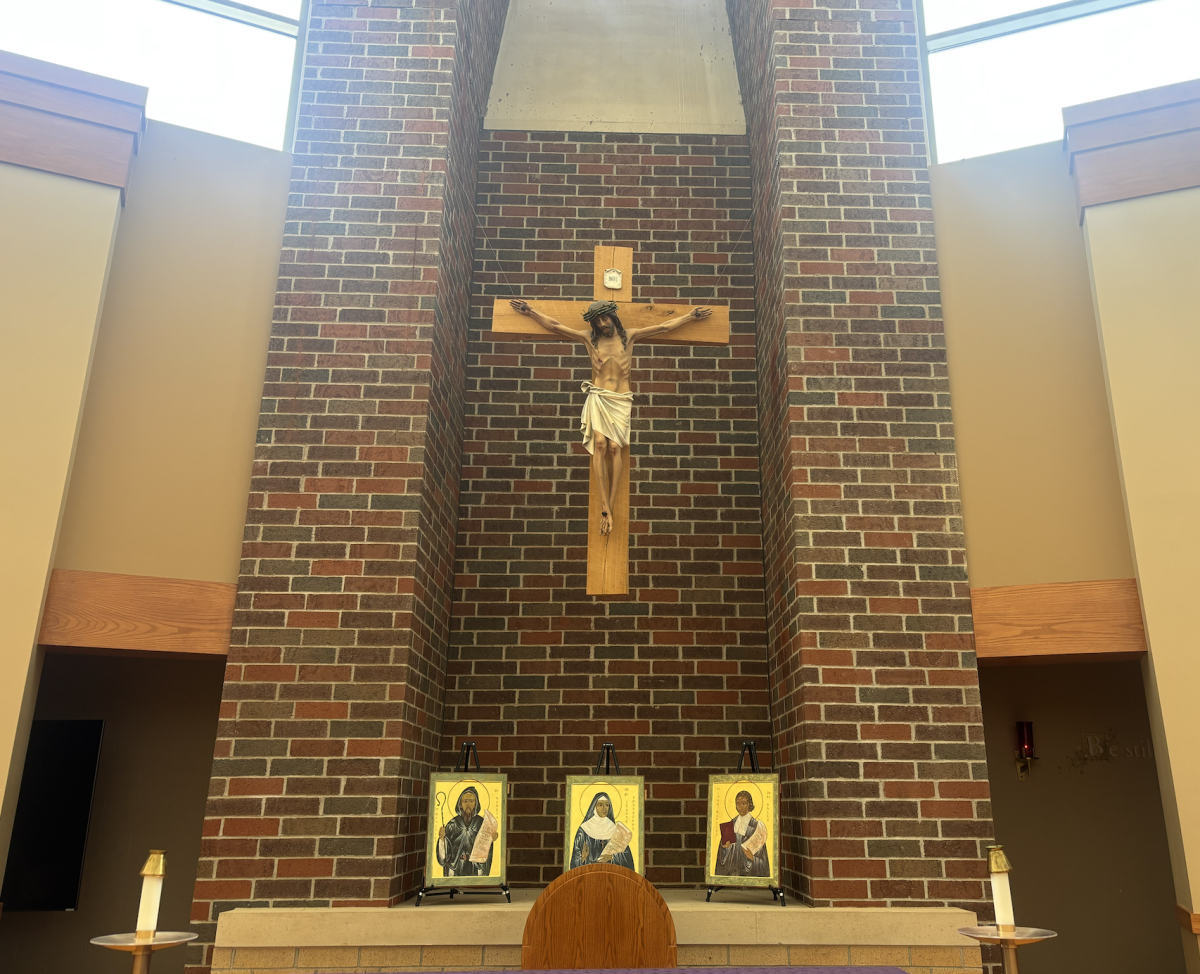
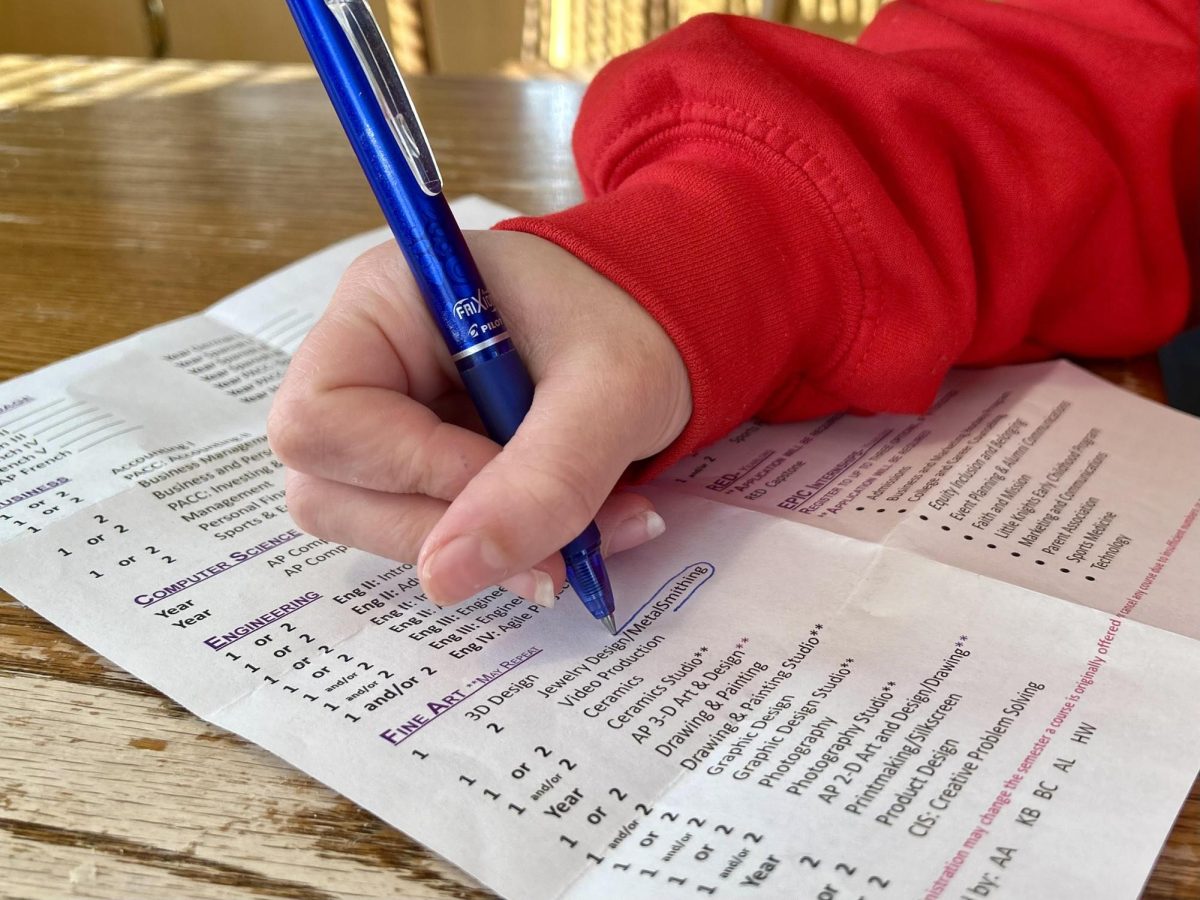

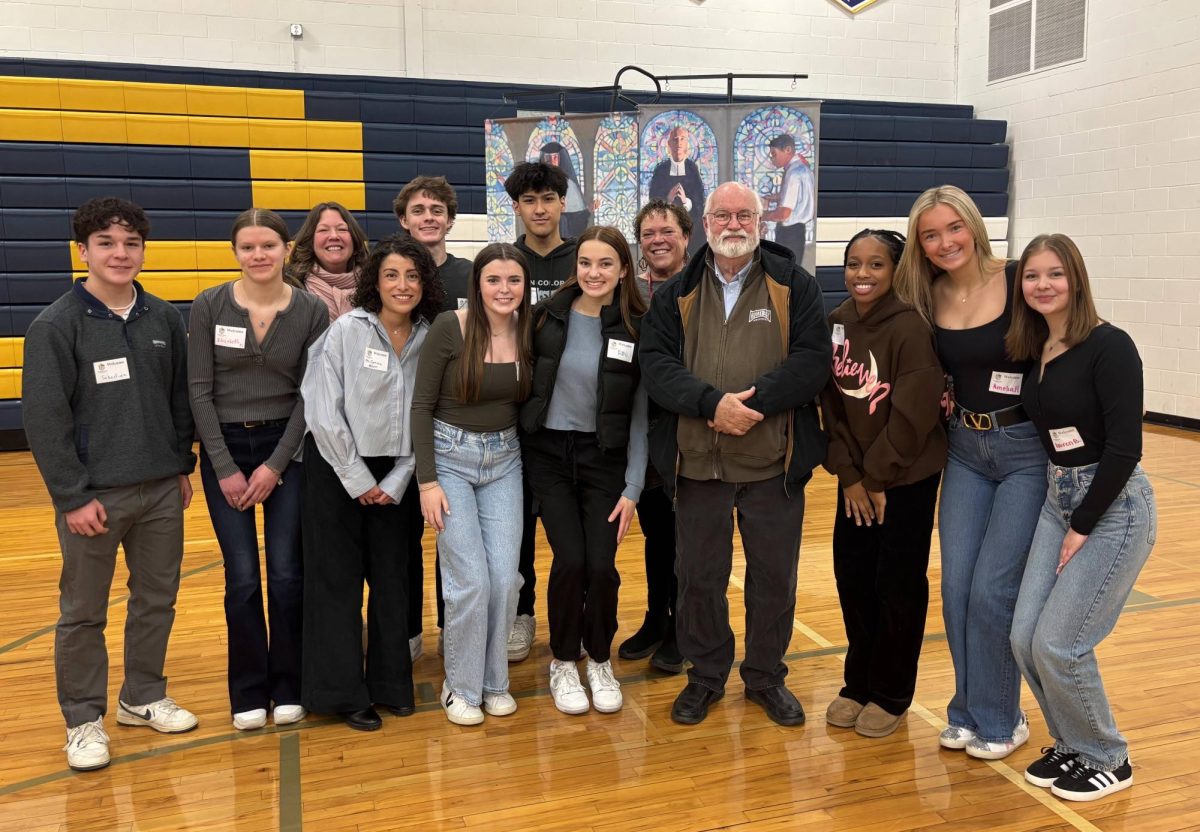
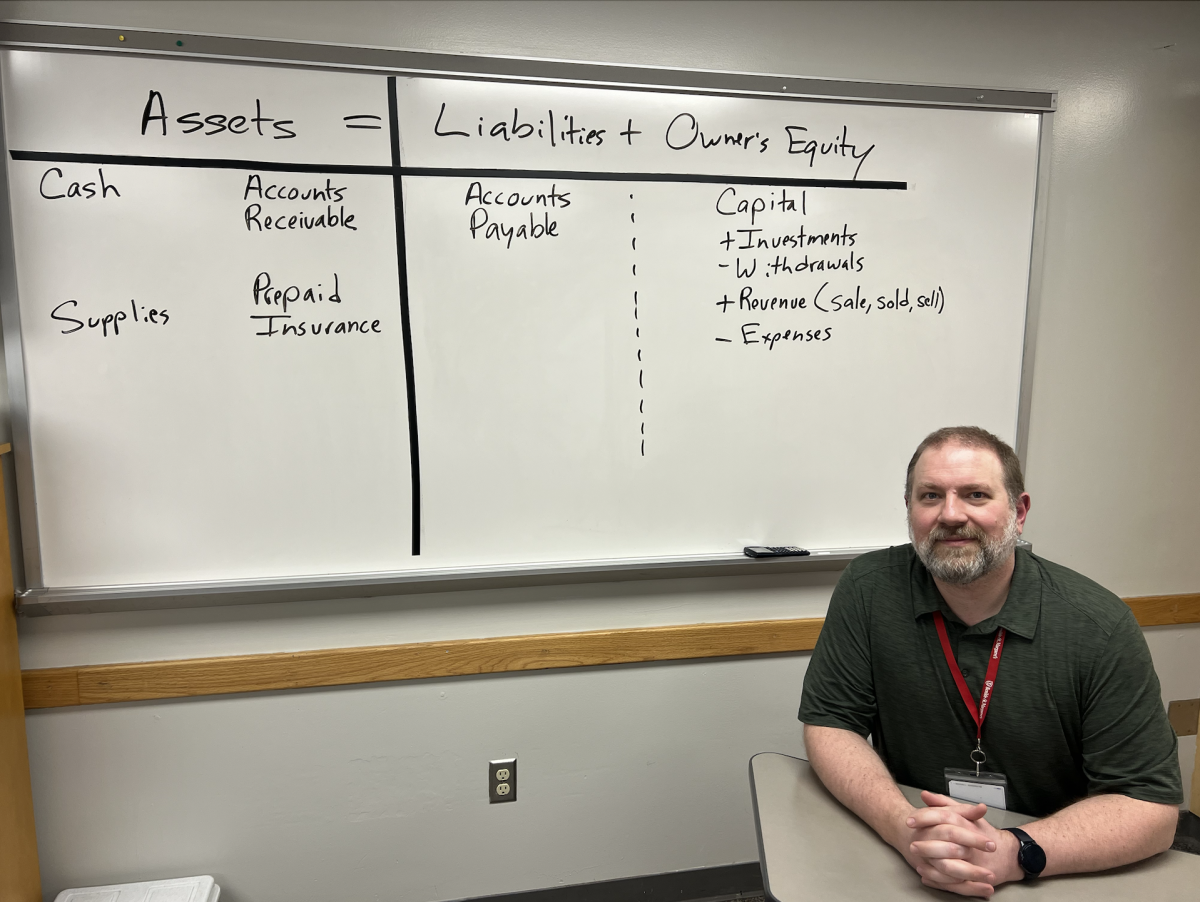
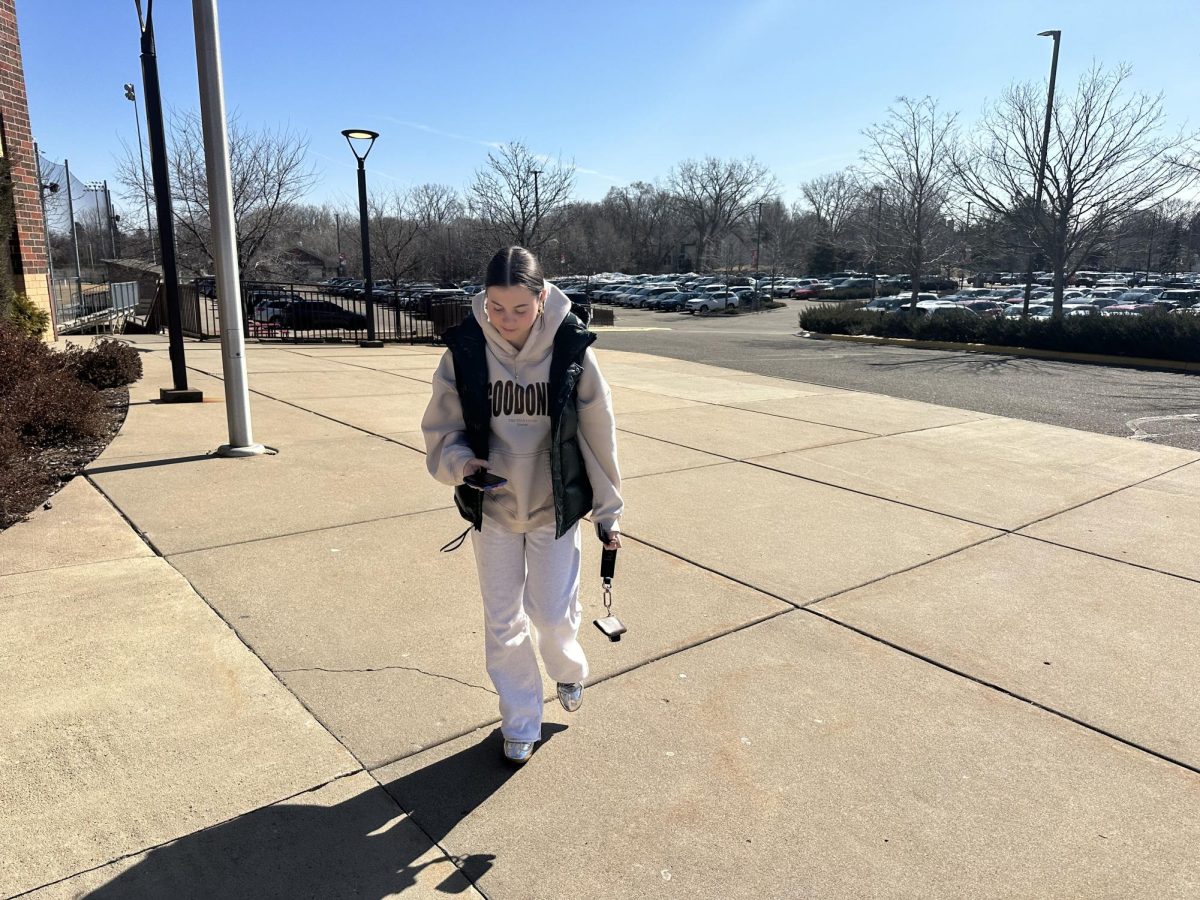
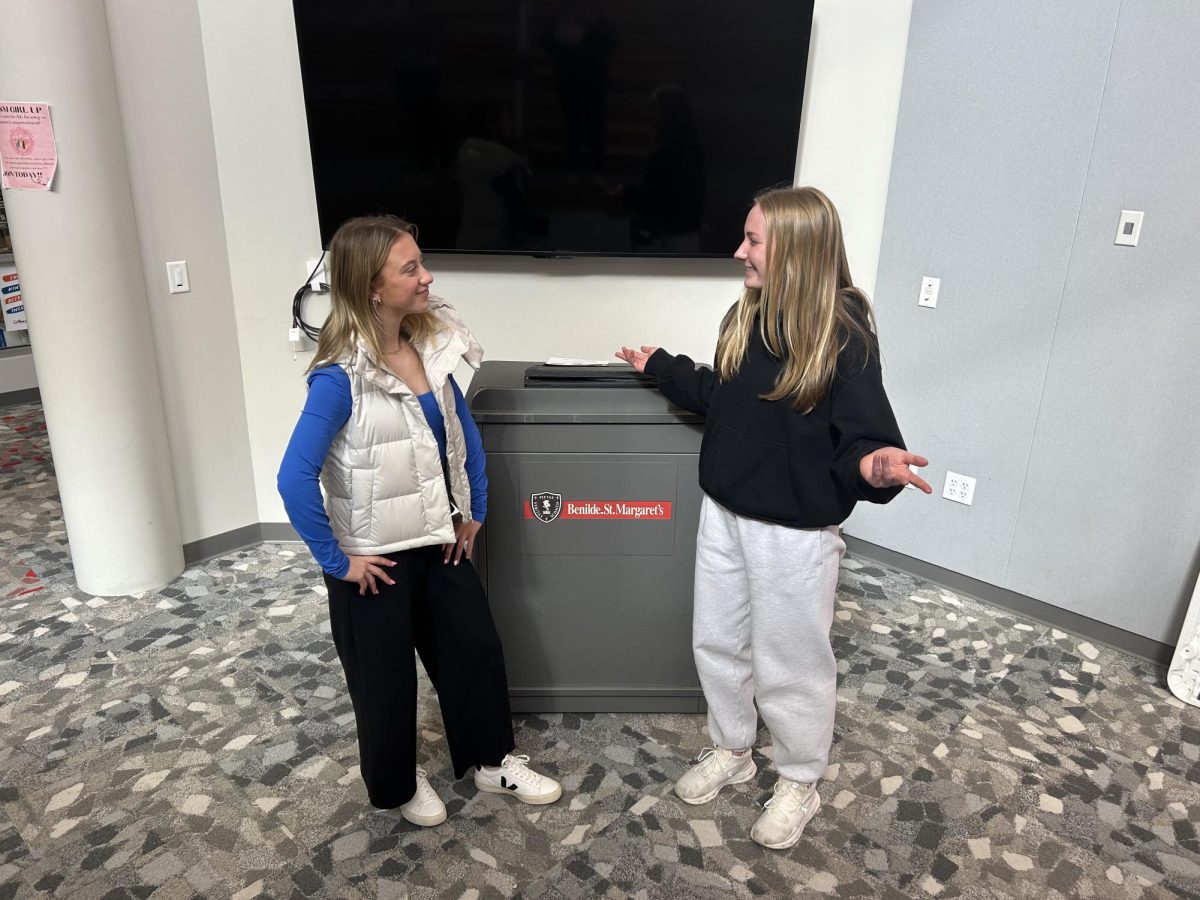
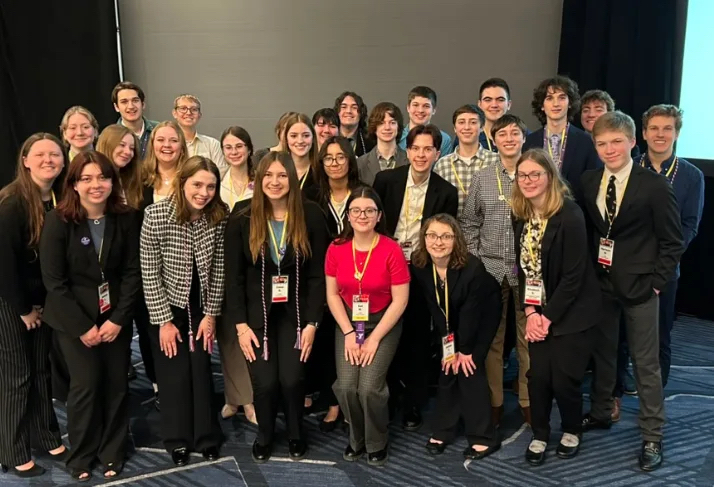



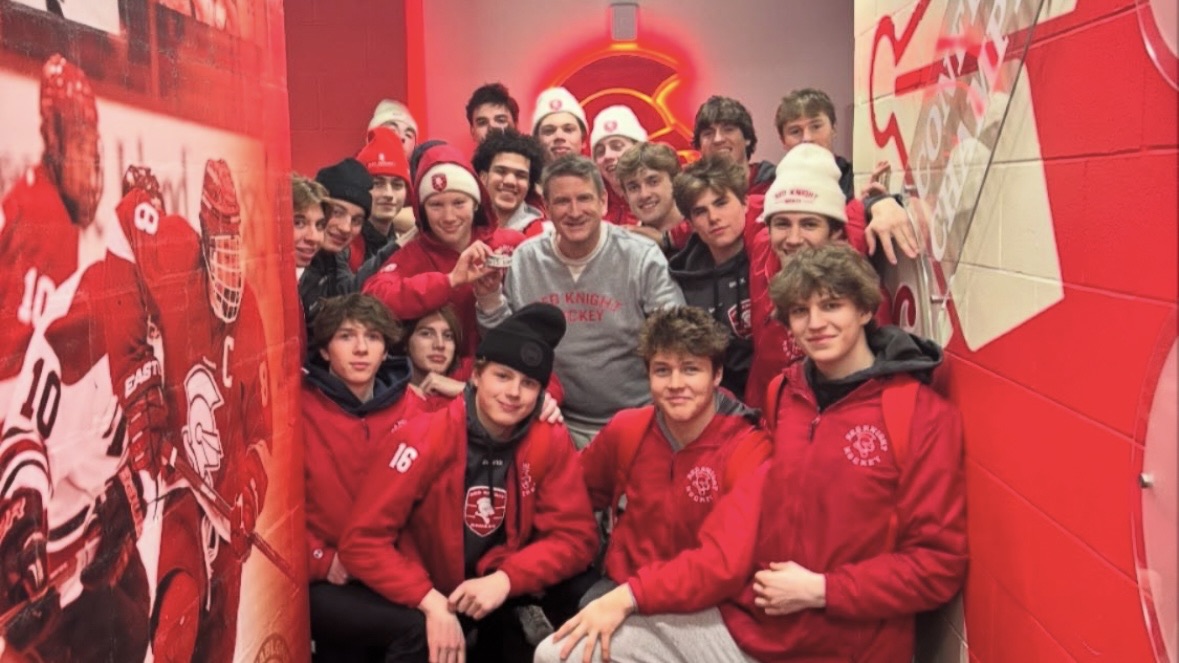

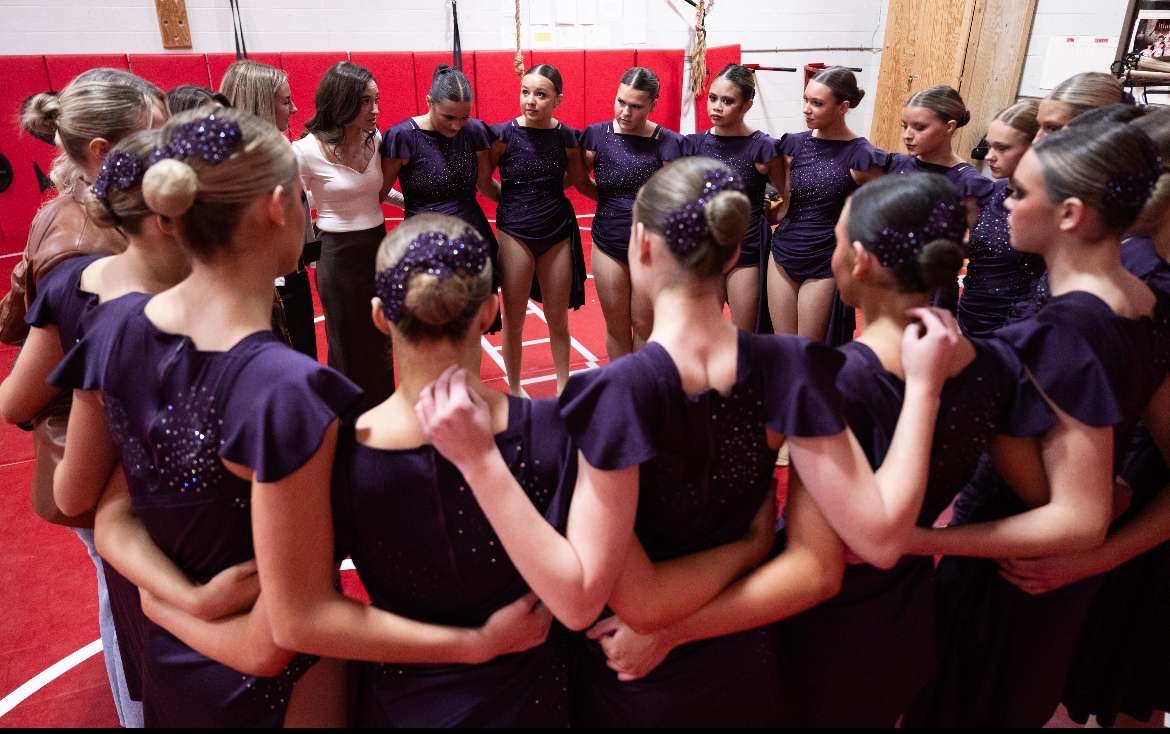


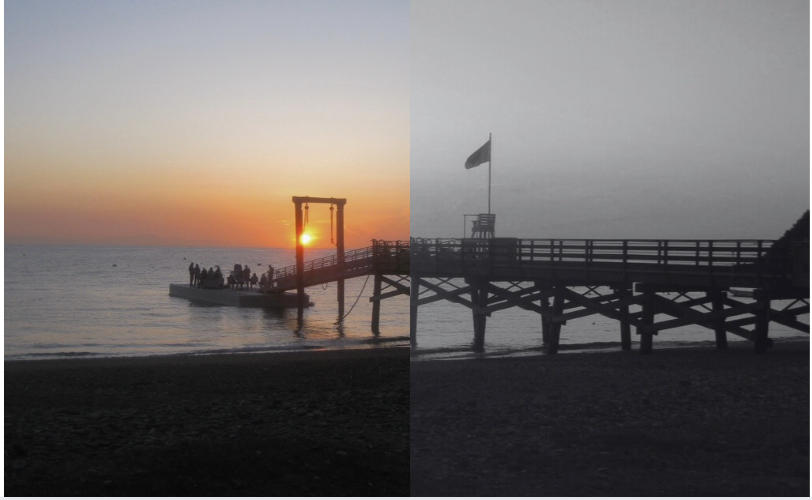
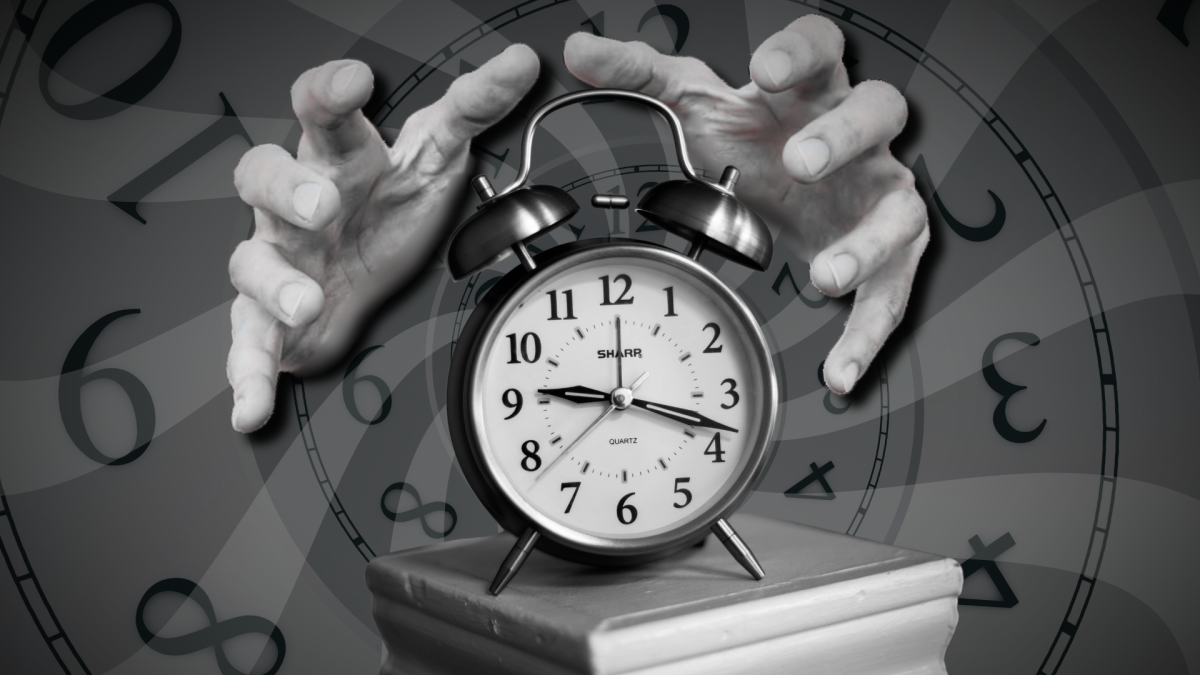

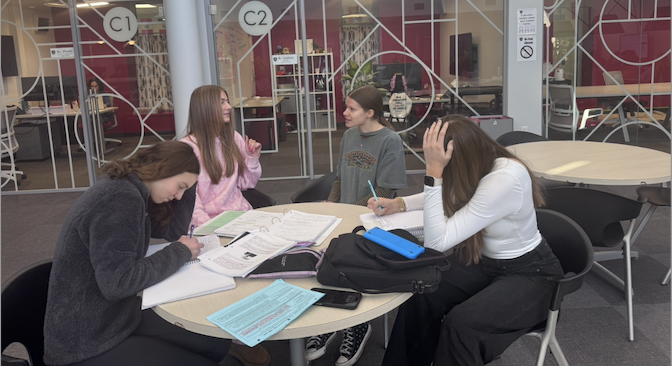


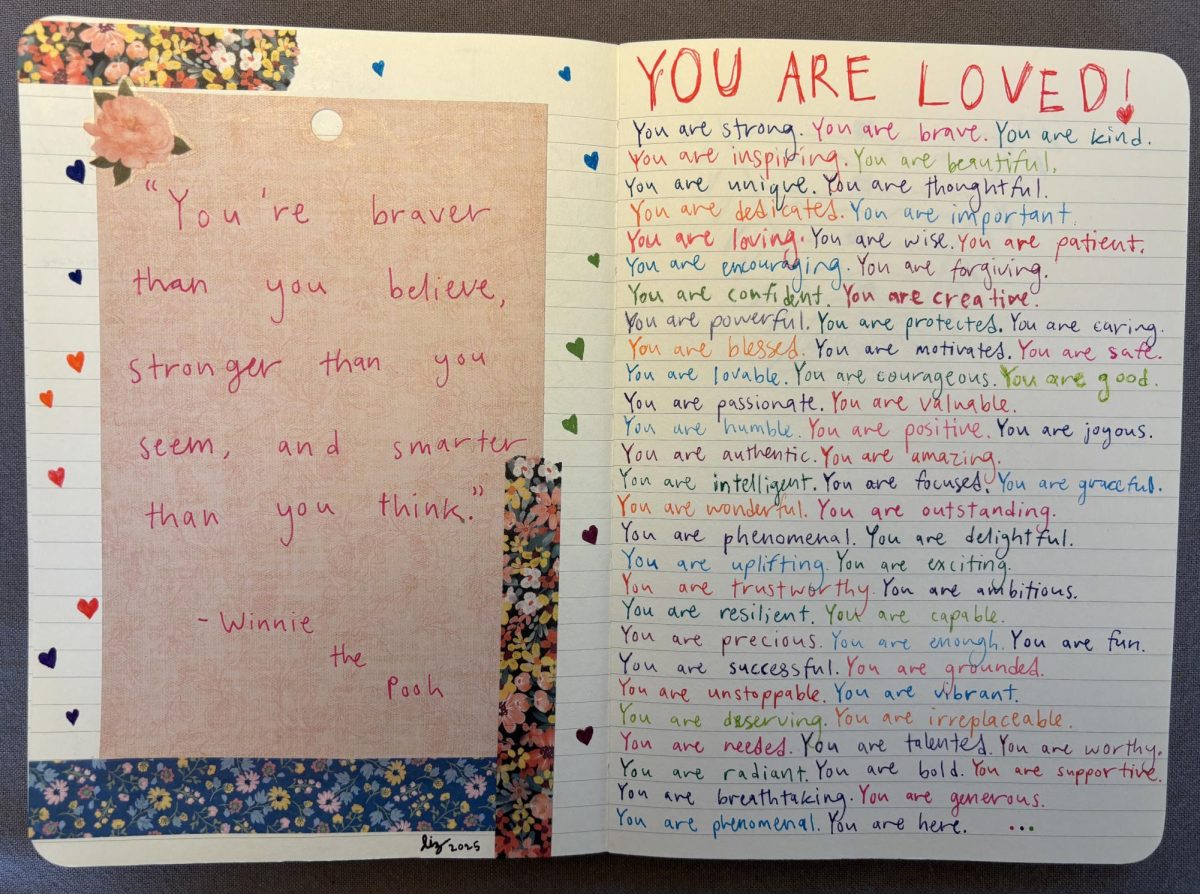
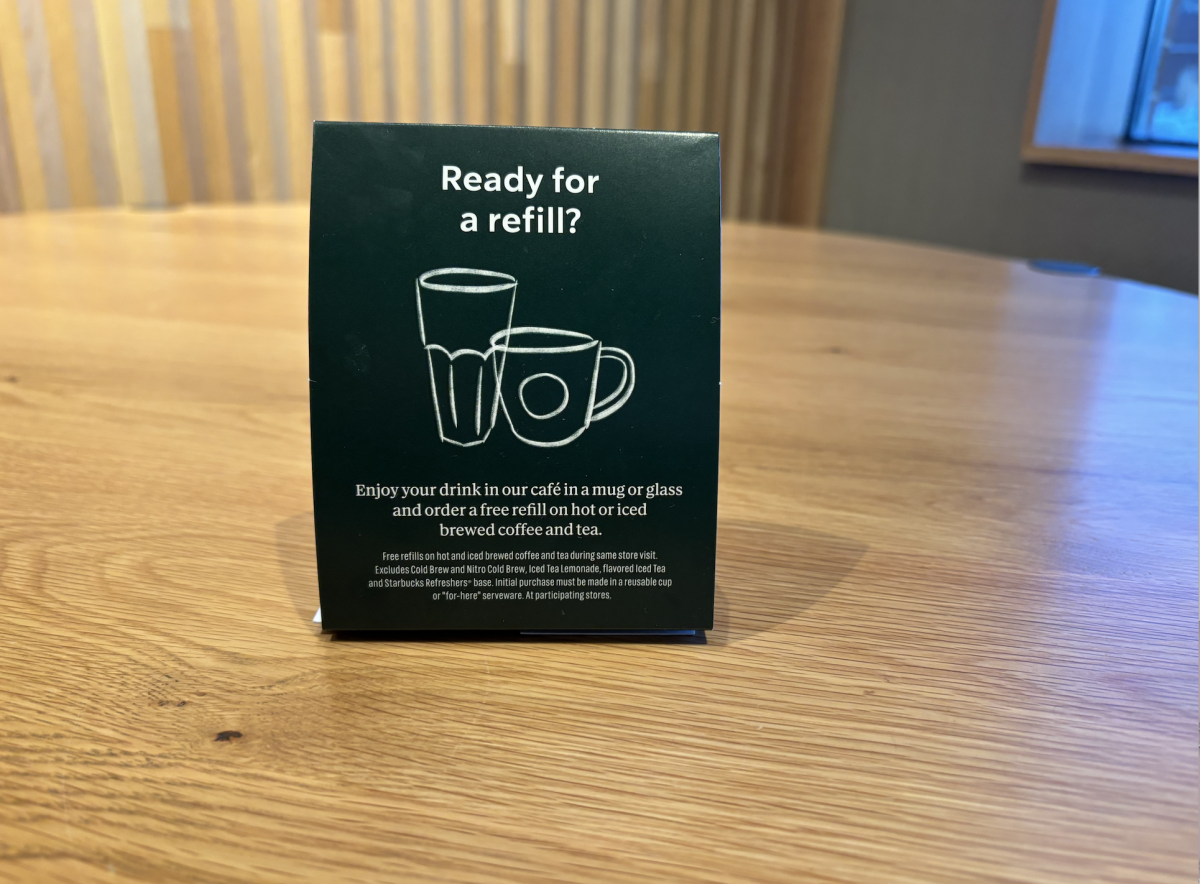
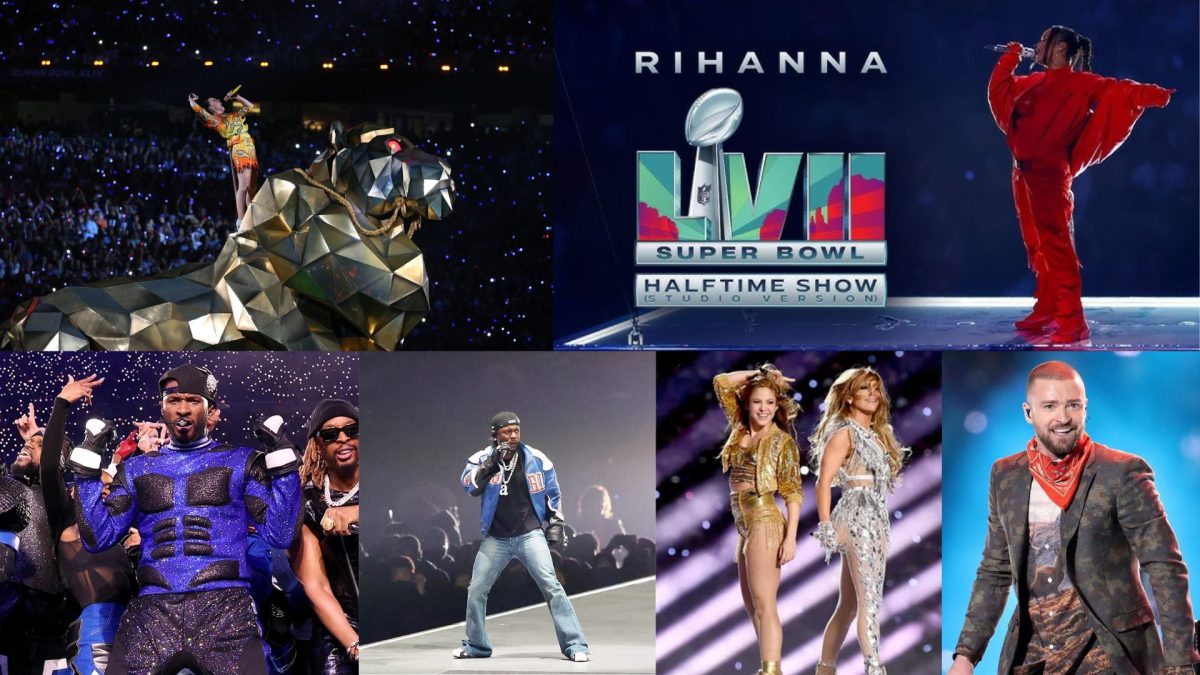
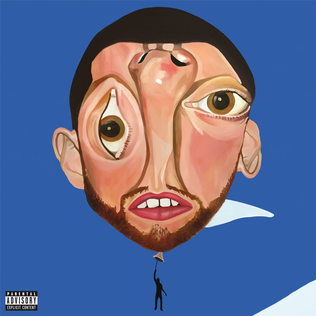
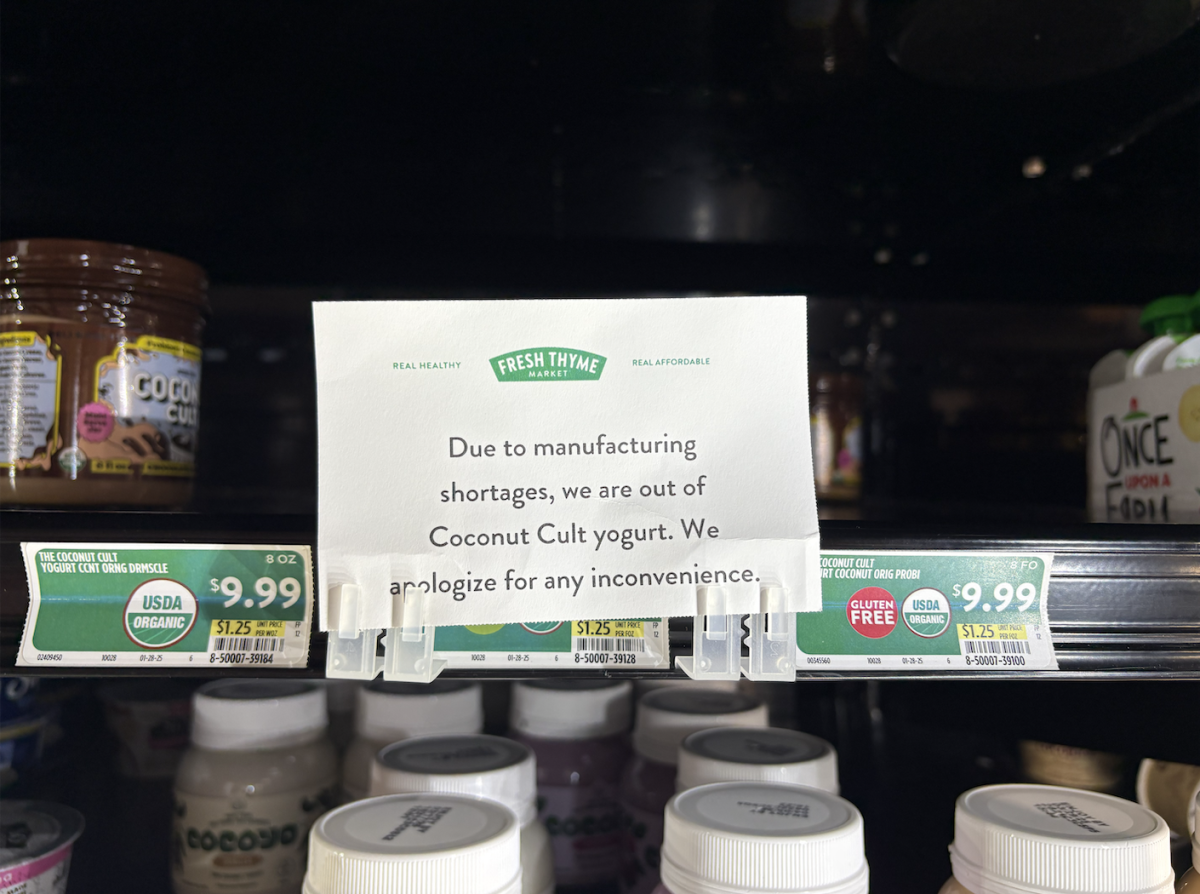
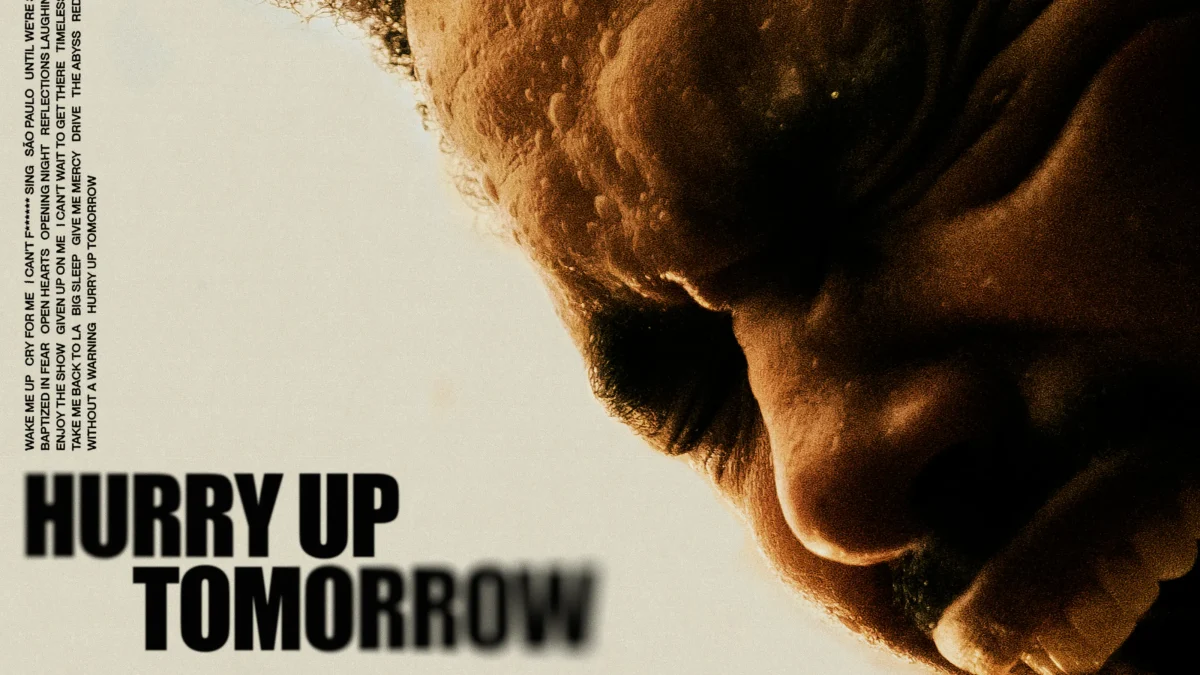
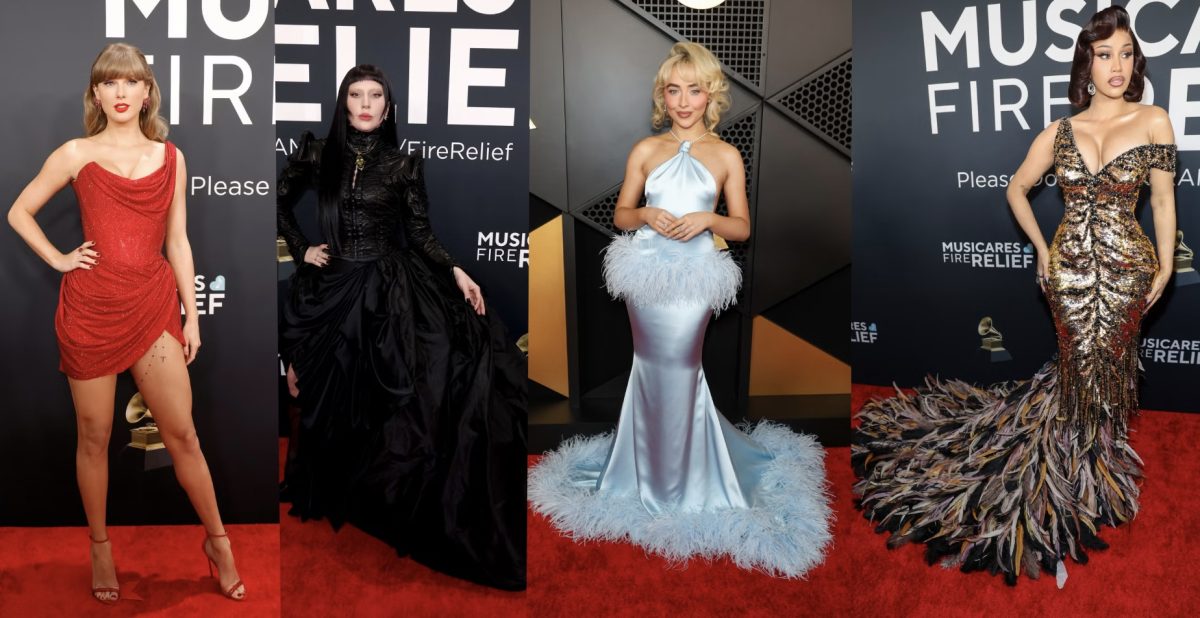





![Teacher Lore: Mr. Entzion [Podcast]](https://bsmknighterrant.org/wp-content/uploads/2025/03/teacherlorelogo-1200x685.png)



